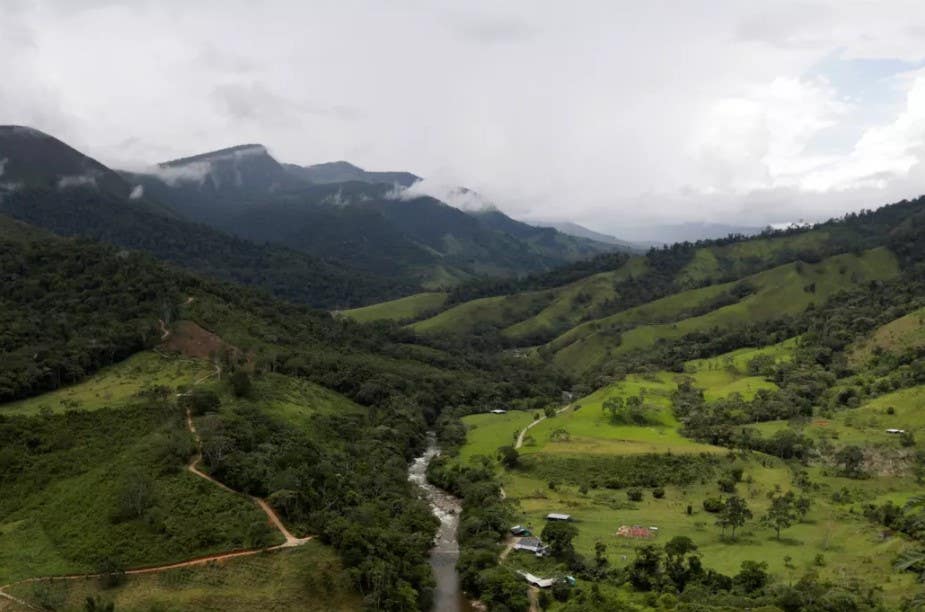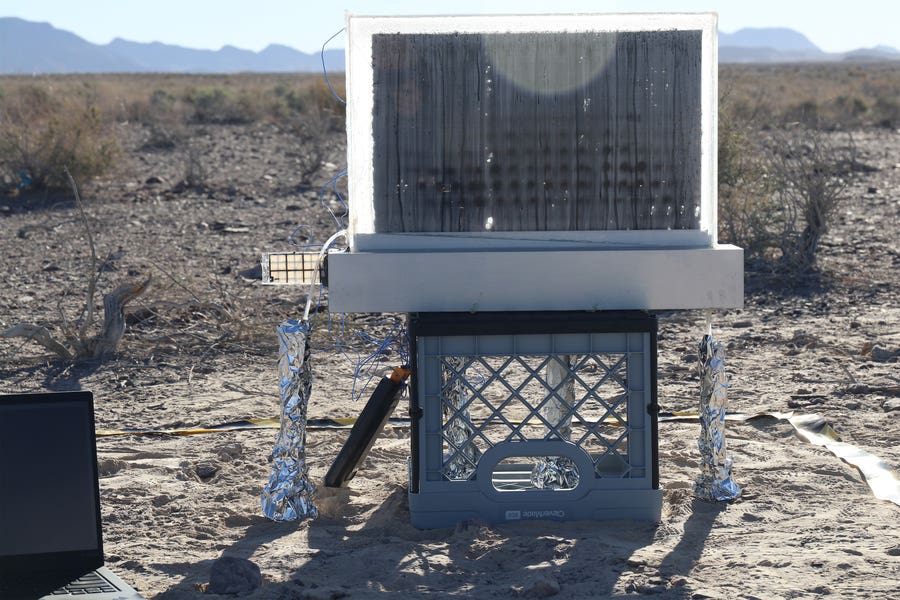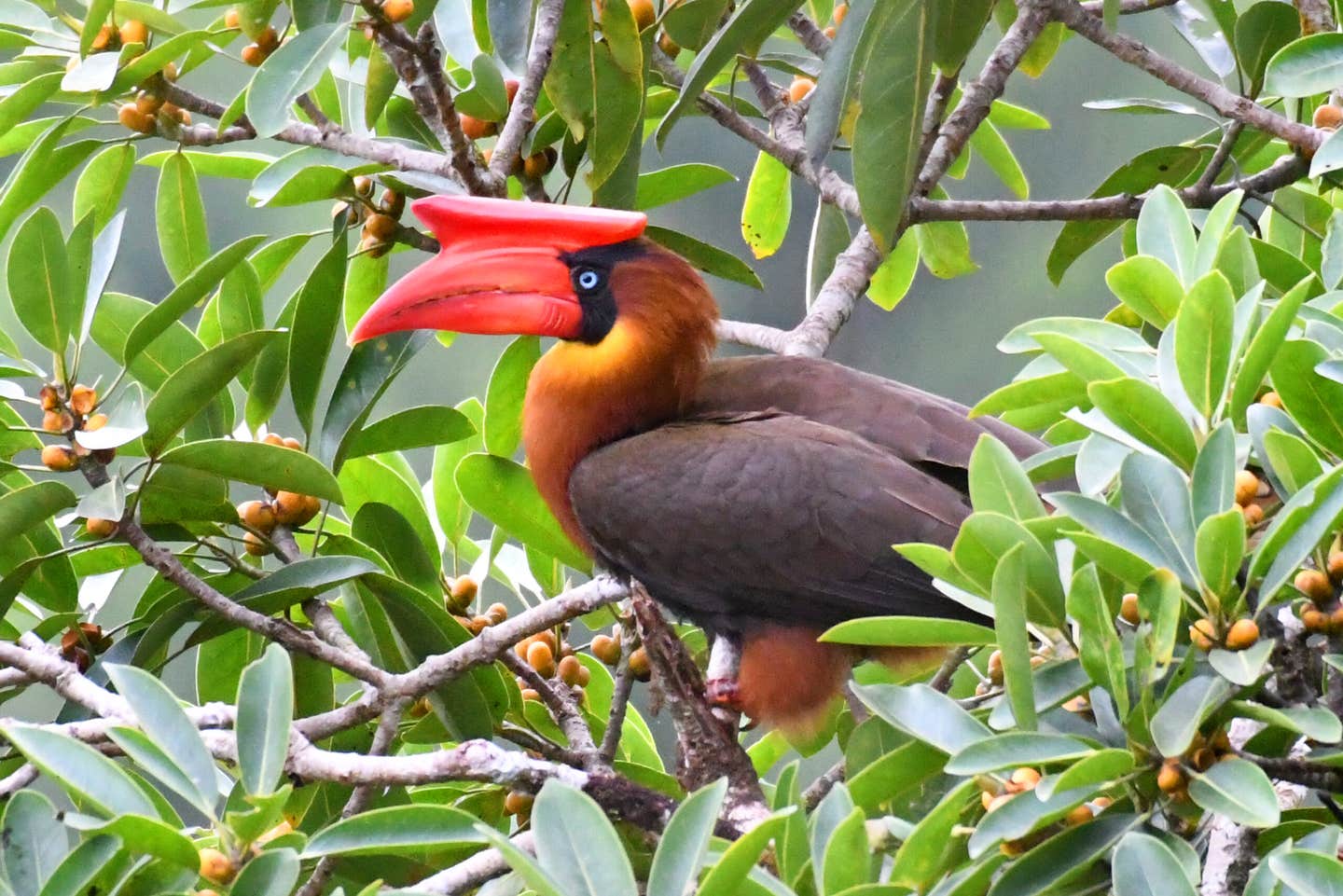Why the natural world is key to a green recovery
We cannot return to a system that does not link job creation and the economy with the health of ecosystems and their inhabitants.

[Sept. 21, 2020: Ivan Duque]
This era of pandemic clearly shows us the relationship between the health of ecosystems and people’s health. After this lesson, we cannot return to a system that does not link job creation and the economy with the health of ecosystems and their inhabitants.
In Colombia, the dual challenges of production and conservation, as framed in our National Development Plan, show us the path that we must follow for the responsible and equitable use of renewable natural resources over time, and at a local and national scale.
The prevention and reduction of deforestation, the restoration and reforestation of degraded land, the development of agroforestry and silvopastoral projects, the payment of environmental services to the communities that conserve their forests, the development of ecotourism projects, the transition to clean energy and the development of green public spaces are some examples of nature-based solutions rebuilding sources of employment and countries’ economies.
It is essential that the local authorities include this vision in municipal development plans and adjust them based on these principles.
In Colombia, we have 365 projects in our portfolio of nature-based solutions. Almost half (47%) of these projects are related to the agricultural and forestry sector, 13% to the tourism sector and 12% to the food sector. Other projects are related to the circular economy, power generation and artisan products, among others.
Our Administration is looking to rebuild the economy in a sustainable manner, based on biodiversity and healthy ecosystems, to support food production, bio-security and improve of our citizens’ quality of life, with a joint focus on the sustainable use of natural capital and social inclusion.
Our National Circular Economy Strategy seeks economic diversification, job creation, and reduction of environmental impact. This initiative will generate new jobs from waste and material valuation activities, as we adopt a circular business model, and formalize the role of recyclers and their associations.
We will implement the national restoration strategy, with the planting of 180 million trees. It is estimated that this will generate approximately 50,801 jobs, promoting competitiveness and the diversification of the economy, income generation for vulnerable populations, and the protection of the country's natural capital. We will invest $107 million in this project over two years.
We are promoting green business: catalysing approximately 3,800 of them by 2022. To achieve this goal, we have created a new platform for the digital promotion of green businesses, including their digital portfolio, a new registration and validation system, and a marketing application, to make it easier for consumers to do business with these entrepreneurs.
We are also working on the Payments for Environmental Services (PES). The objective of this programme is to conserve 160,000 hectares that will be preserved and will generate income for 13,000 families, located in 18 regions, covering 303 municipalities that receive compensation for conservation. We expect to invest $38 million in the programme over two years.
All this will be leveraged by digital transformation, an efficiency tool for environmental processes that facilitates private investment and communication with our citizens.
This is a defining moment. The pandemic has put us at a crossroads: we can go back to the old way of doing things and follow a path that leads to the ever faster destruction of the planet and human life, or we can make courageous, responsible and innovative decisions to rebuild in a sustainable way, to achieve true, green growth.
The defining call to the international community is to recognize nature-based solutions as the way forward for a green and resilient recovery that prioritizes education, participation, innovation, research, financing, adaptation and mitigation, as its most important and strategic lines.
This Brighter Side of News post courtesy of the World Economic Forum.
Like these kind of stories? Get The Brighter Side of News' newsletter.
Joseph Shavit
Head Science News Writer | Communicating Innovation & Discovery
Based in Los Angeles, Joseph Shavit is an accomplished science journalist, head science news writer and co-founder at The Brighter Side of News, where he translates cutting-edge discoveries into compelling stories for a broad audience. With a strong background spanning science, business, product management, media leadership, and entrepreneurship, Joseph brings a unique perspective to science communication. His expertise allows him to uncover the intersection of technological advancements and market potential, shedding light on how groundbreaking research evolves into transformative products and industries.



